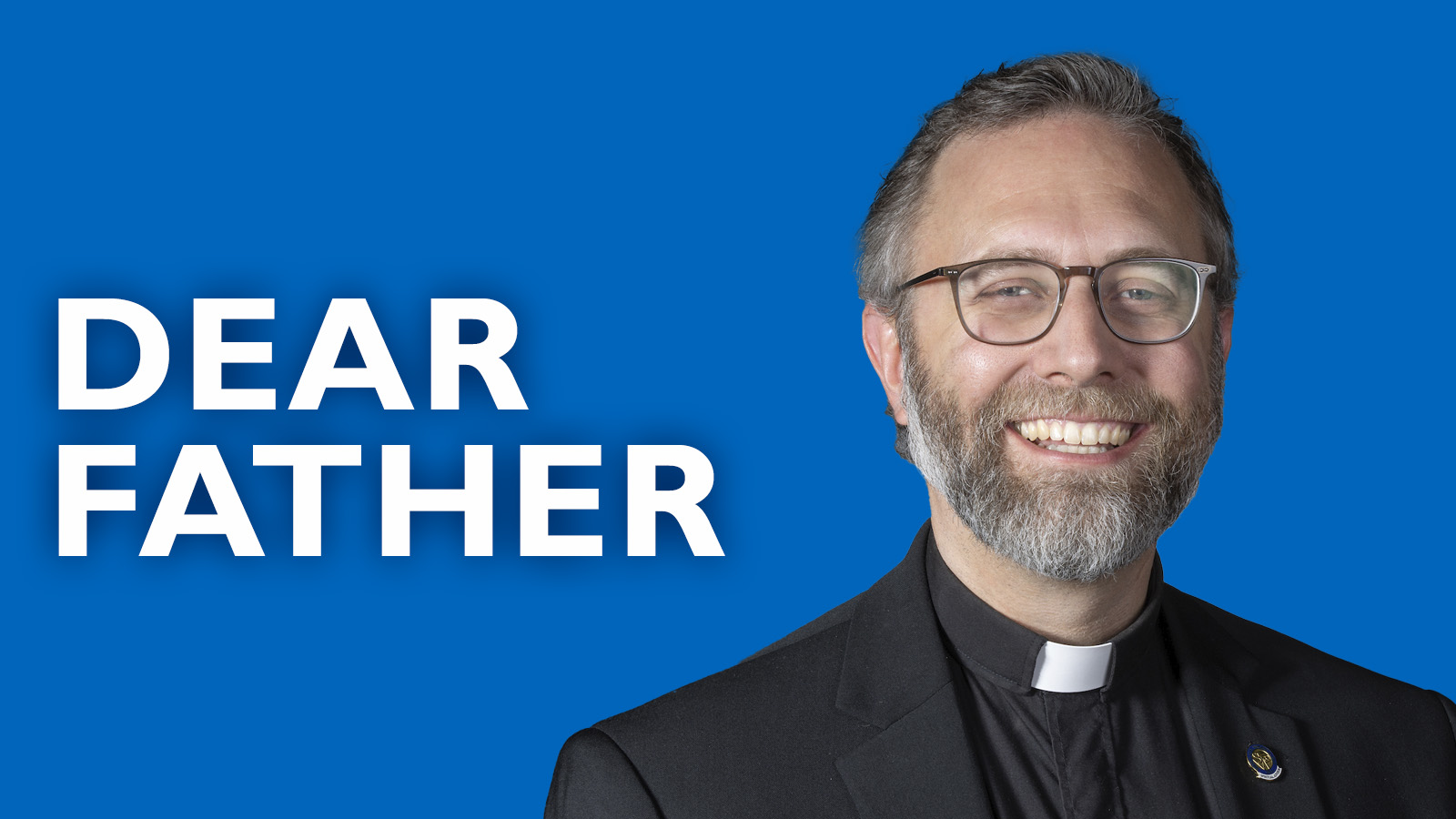SUNDAY SCRIPTURES FOR OCT. 27 | We are called to welcome the desperate among us
Like Jesus healing the blind begger, we can listen, pay attention to and value the person who calls out in need
Think of someone who was so in need and persistent in asking for what they needed. That’s a horrible place to be in life. In the Gospel for the 30th Sunday of Ordinary Time, we hear again about Bartimaeus, a blind beggar by the side of the road who was in that situation. The only thing worse is being pushed away from someone who could help. That person would have the feeling that nobody cares.
Most of us have never been in that situation, but we have likely experienced a stubbornly persistent person. They are in a desperate situation, and they believe that we can do something about it, so they persist in telling us about it. They’re often not looking for a solution to the situation. Rather, it’s a desperate need for someone to listen and pay attention to them.
If we’re honest, most of us had the same reaction as the disciples. Jesus, the one who can make a difference, is busy, there’s other people to be taken care of and the situation is hopeless. We might even believe that the person needs to know their place and be satisfied with begging and receiving leftovers. But in our heart of hearts, we know that is simply not the right thing to do — so why do we keep doing it? Why are we in the habit of dismissing the desperate among us?
Are we so uncomfortable with situations that seem unfixable that we don’t want any part of it? Might we judge the person, thinking they deserve their situation, no matter the desperate circumstance? Do we know the level of commitment it would take to truly listen and attend to that person, and we are unwilling to do that?
How often do you imagine that Jesus had the same feelings as He was continuously confronted with people in desperate situations? Individual families and the society at large had found a place for desperate people. The lepers go to a colony all by themselves. The blind and the lame and the deaf should live by the roadside, begging from people who are richer and more capable. Prostitutes and tax collectors should know what dinners are not open to them and what groups want nothing to do with them.
It seems essential that we ask ourselves if we have changed much since the time of Jesus. As individuals and communities, do we believe that those who were rejected and ignored in other ages should be treated any differently?
Large societal issues cannot completely be solved by one individual, but we do have a habit in the Catholic Church of paying attention. The saints who lived in convents and monasteries still saw their life of prayer as efficacious for their sisters and brothers outside the walls. There are people who found ways to make a difference and change the world as they experienced it. It is certainly time for us to take responsibility for our individual lives and to decide what difference we can make as we experience “the blind man” on the side of the road.
As we prepare ourselves for the coming of Thanksgiving and Christmas, might it be possible for us to plan a regular and ordinary way to notice the beggars on the side of the road and to do something about it?
Father Donald Wester is retired and serves as lecturer of homiletics at Kenrick-Glennon Seminary.




